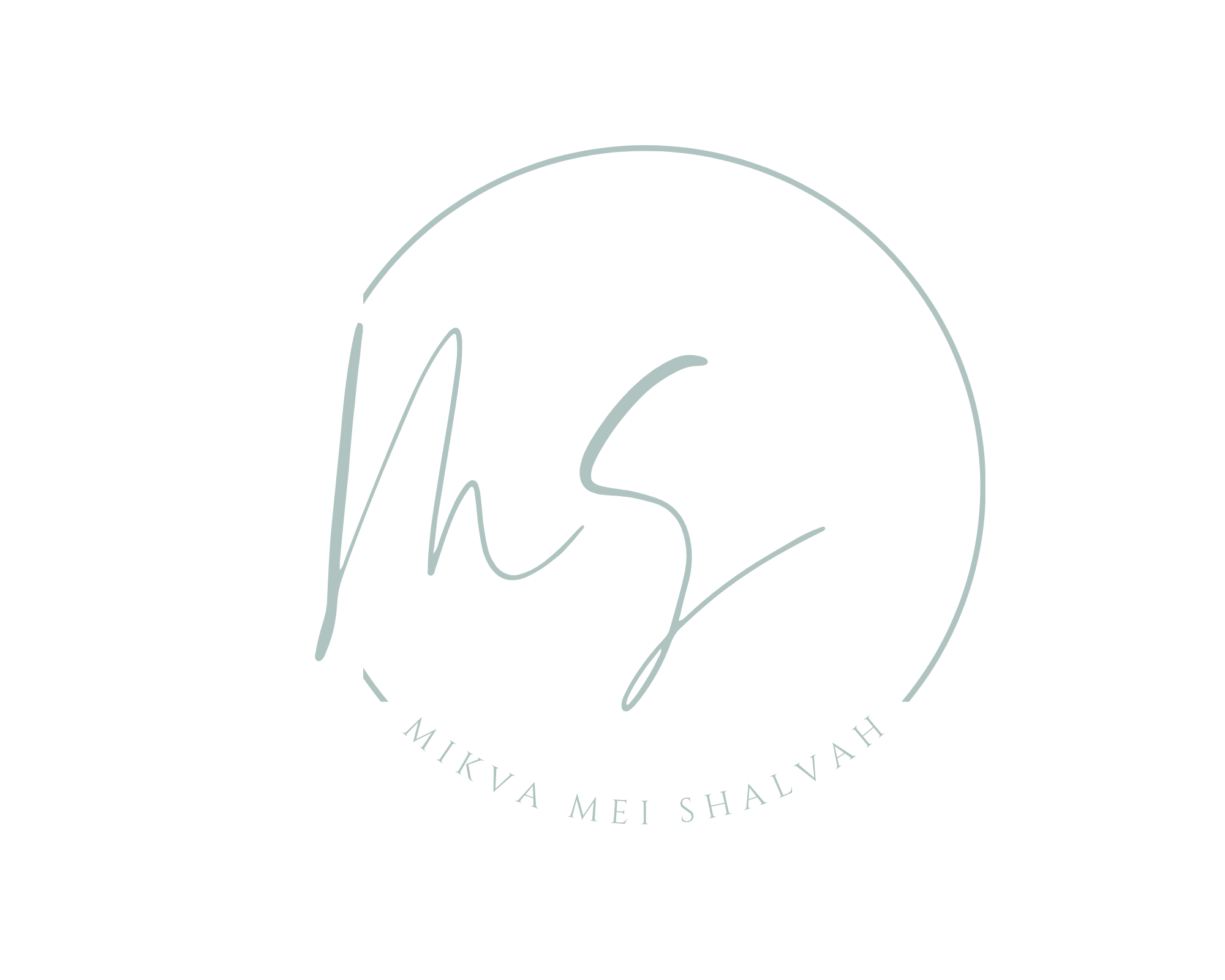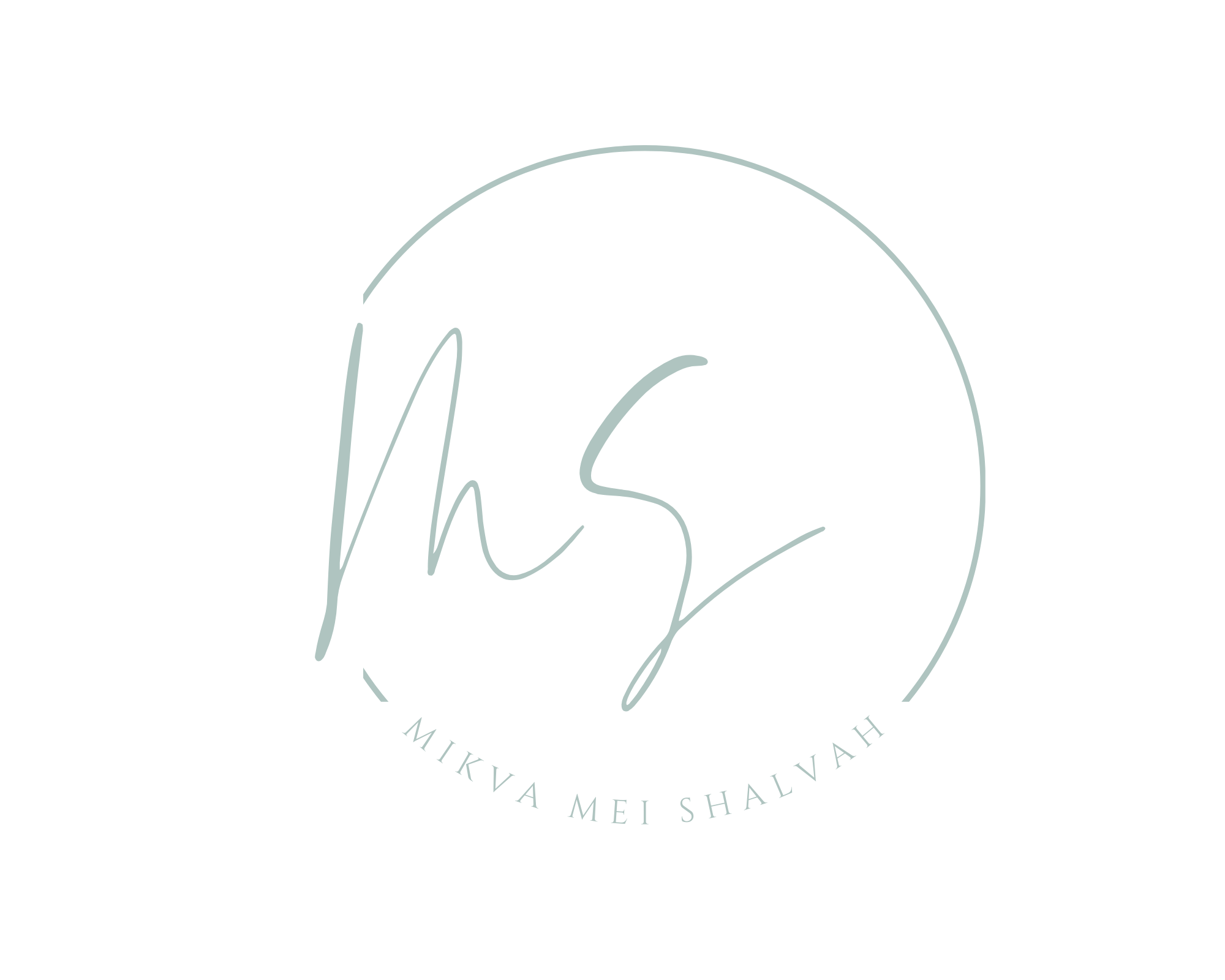By Joshua Runyan
The Jewish community in Center City Philadelphia is not building a school. It’s not commissioning a Torah scroll. It’s not renovating a synagogue.
As a matter of fact, it’s considering tearing a synagogue down.
Why is this important? Because in that synagogue’s place, people who live between the Schuylkill and Delaware rivers, joined by allies across the Delaware Valley, want to build a mikvah, an institution so surprising, so counterintuitive and yet so necessary — more than a school, more than a Torah scroll, more than a synagogue — to the future of the Jewish people.
In all of the Jewish legal codes, a ritual bath — which sits at the heart of a woman’s observance of taharat mishpacha — is considered so central to Jewish life that selling off a community’s last Torah scroll is sanctioned in order to fund its construction. Maimonides’ writes in his 14-volume compendium of religious law, the Mishneh Torah, that one is even forbidden from living in a community without a mikvah.
But the last time a mikvah called downtown Philadelphia home was in the 1940s. Since then, ritual baths have sprung up all around the city, in the Northeast, in Ardmore, Bala Cynwyd and Bensalem, in Wilmington, Del., and Cherry Hill, N.J. It’s not so much of an inconvenience for those with cars, who regularly keep Judaism’s family purity laws and who don’t need to visit a mikvah on Shabbat. But what about everyone else?
My wife and I actually credit scrupulous mikvah attendance with being blessed with such a large family. Today, we have nine children between the ages of 14 years and 1 month, and a comfortable home in the furthest western sections of the city. When we got married, however, we barely got by in a tiny one-bedroom apartment on the campus of the University of Pennsylvania. As seniors finishing up our degrees, we didn’t have a car and survived during the week off of bagels, cream cheese and frozen soup packets.
Every month when it was time for my wife to visit the mikvah, we either took the Regional Rail from 30th Street Station to Wynnewood or the Market-Frankford line to the 69th Street Terminal and from there, the high-speed line to Wynnewood Rd. I went with her, because she didn’t want to travel alone at night. Whichever route we took, we had to walk another mile to get to the mikvah.
Whether in snow or pouring rain, we did it. And when we were at a wedding in New Jersey or at an event in New York City on my wife’s mikvah night, she dutifully excused herself and got in a cab.
But we’re the exception. Throughout Philadelphia, there are dozens of young families for whom the lack of a mikvah in the city center means that taharat mishpacha is a luxury they cannot afford. They’ll wait until they move to the suburbs — or they’ll do without for good. The longer the city goes without a mikvah, the greater the damage that will be done to the Jewish community.
Does every city in America have a mikvah? Of course not. But in Philadelphia, which over the last decade has experienced a Jewish renaissance as more and more Orthodox families move in and more and more young professionals dip their toes into traditional practice, it shouldn’t have to see itself as just another American city.
That, at least, is the view shared by Rabbi Menachem and Chava Schmidt, executive directors of Jewish Heritage Programs and Lubavitch House at Penn, and the caretakers of the historic Vilna Shul at Fifth and Pine streets. Joined by a committee of Center City families and supporters in the suburbs, the Schmidts are spearheading a $400,000 initiative to convert most of their synagogue into a ritual bath. Most such endeavors cost upwards of $1 million and more, Menachem Schmidt points out.


Leave a Reply
You must be logged in to post a comment.